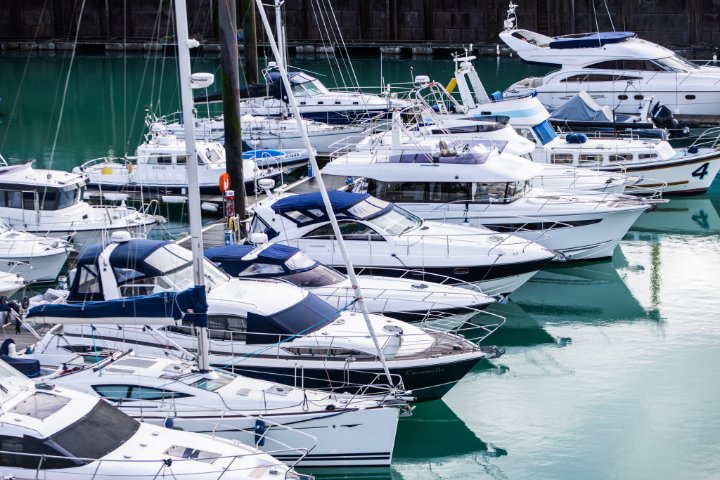Scrutiny raises concerns over proposed changes to Jersey’s maritime legislation
States Assembly
7 July 2025
 A Scrutiny Panel has questioned why proposed new legislation, aimed at making Jersey’s waters safer, does not include sufficient provisions to deter operators of ships navigating whilst while under the influence of alcohol or drugs.
A Scrutiny Panel has questioned why proposed new legislation, aimed at making Jersey’s waters safer, does not include sufficient provisions to deter operators of ships navigating whilst while under the influence of alcohol or drugs.The Economic and International Affairs Scrutiny Panel has been reviewing a proposition which aims to introduce new offences relating to the dangerous or careless operation of a vessel. Under the proposed changes, law enforcement would only be permitted to test for alcohol or drugs if a vessel has been operated in a careless way or where it has resulted in the serious injury or death of another person.
The Panel is concerned that in the proposed regulations, being under the influence of alcohol is not taken seriously enough and is not considered an offence in its own right. The Panel believes this sends a very mixed message from the Government about what is acceptable when operating a vessel and is at odds with what is expected of road users.
In its Comments Paper, which has been published following the review, the Panel has recommended that the Minister for Sustainable Economic Development should analyse the data on all maritime accidents and call out of the coastguard on a quarterly basis to establish if there has been an increase in cases involving drugs or alcohol. If so, the Panel requests that the Minister consider updating the regulations to include provisions for breathalysing ship operators on suspicion of alcohol or drug consumption.
Deputy Montfort Tadier, the Chair of the Panel, said: ‘The aim of these new regulations is to make the sea around Jersey safer for everyone who uses it. That includes those who make their living from it, and those who enjoy the recreational benefits it has to offer. While evidence suggests that the number of incidents involving drugs and alcohol in the Island’s water is relatively low, these figures are likely to only reflect the occasions when they were tested for. What concerns the Panel is that incidents involving drugs or alcohol may be missed as they do not meet the thresholds of dangerous or careless operation of a vessel or have not resulted in the death or serious injury of another person. The Panel recognises that it is not necessarily appropriate to apply the rules of the road to the sea, but we do recognise that like cars, vans and trucks, boats can be very dangerous too, when operated incorrectly. These regulations are, however, ‘reactive’ not proactive, in that excessive drinking or drug use only becomes a problem after another incident has occurred, such as dangerous or carless operation. The Panel therefore cannot accept that the proposed regulations fully meet their intended purpose and will be considering its next steps.’
The proposition is due to be debated by the States Assembly at its next meeting, starting on Tuesday 8 July. It will be debated in three stages. The Panel decision on the next steps will be informed by the debate on the principles.



